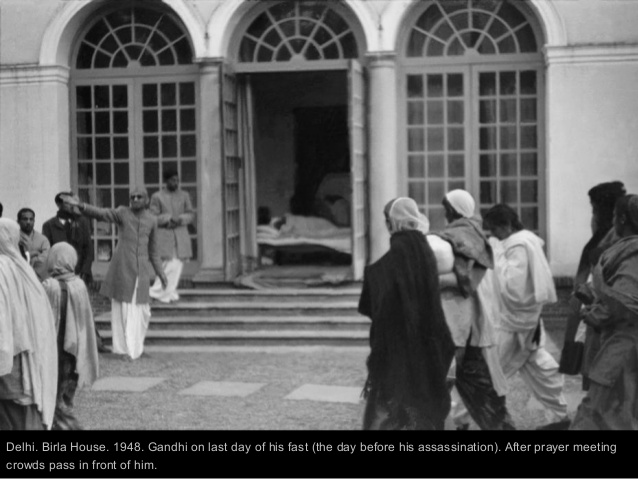
Learning is not merely an act of passive reception it is about an exploration of the unknown. Is it time we redefined its meaning?
Kavya Thomas | The New Leam
In a recent and interesting book called ‘The Party’ Elizabeth Day recalls how when she was merely thirteen years old her parents had sent her to live alone in Russia. She shares with her readers how her parents were always keen that their children learn more about the world through travel and experience and thus they adopted all possible routes so that their kids grew up with a broad and cosmopolitan vision of the world.

When she had gone to Russia it had been merely a couple of months since the Soviet Order was finally put to rest and the locals were grappling with the reality of a system that they were completely new to. With little food and no hot water- life for the commoners was not like it had once been. The author recalls that Boris Yelstein was the most powerful man in the country when she had arrived and how she was so awe struck by the famous image of him standing on a tank and delivering his famous speech. She recalls how for a thirteen year old girl this political transition had meant little except for the fact that there was chaos, nostalgia and an apprehension for the future everywhere.
Elizabeth remembers that this was the time when the bygone Soviet era seemed like a long gone memory whose fragments were cherished through its remaining tokens. She writes “Everything was different from home. There was no hot water in Vera’s apartment and I had to visit a neighbour on the ground floor for the one bath I had during my time there. There were hardly any cars on the streets, and the ones I did see were all Skodas. There was an omnipresent smell of sewage: ferric and sharp. In museums, you had to wear slippers made out of carpet so you didn’t mark the wooden floors. It was freezing cold and snowing and I understood why so many Russians wore fur hats. At school, there was a thriving black market exchange in Soviet-era badges – hammers and sickles; clenched fists and silhouettes of Lenin all picked out in colourful enamel – and I started a pretty impressive collection.”
This was the time when phones and internet were not available and thus the primary medium of communication between Elizabeth and her parents were letters and how fondly they wrote and awaited these.
When she returned back to her home she realised that quite unknowingly she has learnt so much, it gave her a sense of self-sufficiency and an increased sensitivity to other people’s ways of life. What else is education? It did involve risk but imagine what the little girl who grappled through it all gained at the end of it? She would have seen, felt, dealt and carved her own path out of the many difficulties and challenges that she would have faced. Yes, it is living with real people, looking at many different cultures, travelling, meeting and negotiating with the world around us that we gain true exposure. I am sure most of us would not be convinced as parents and guardians to do something like this with our own children but the question is that are we even ready to acknowledge that books are not the only source of learning? That traveling, meeting, interacting and sustaining in a world of diversity are the true pedagogues of life worth the labour?
It is time we learnt a lesson or two from Elizabeth’s story and encourage our own children to look beyond their video games and gadgets, beyond smart boards and smart phones, beyond horse-riding and French classes in the drawing room and open the windows to a world of fresh learning. Education in the truest sense of the word would mean to embark on a journey of exploration and meaning, a journey beyond the confines of time and space. Are we ready to redefine it for our children?
The New Leam has no external source of funding. For retaining its uniqueness, its high quality, its distinctive philosophy we wish to reduce the degree of dependence on corporate funding. We believe that if individuals like you come forward and SUPPORT THIS ENDEAVOR can make the magazine self-reliant in a very innovative way.













